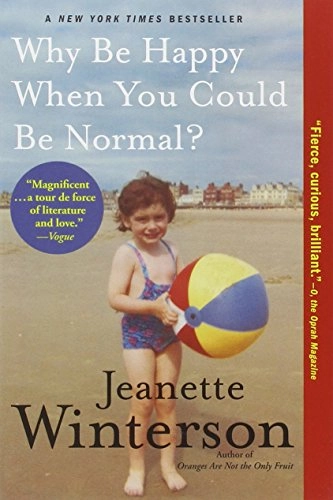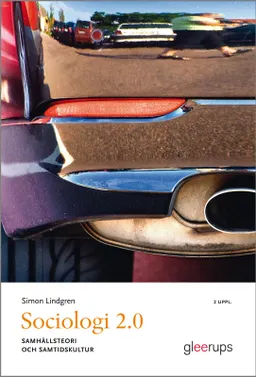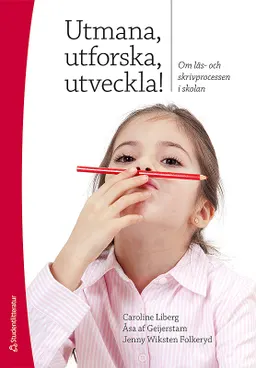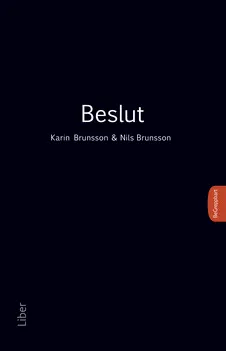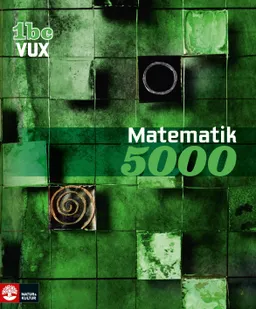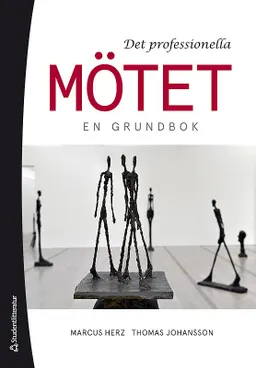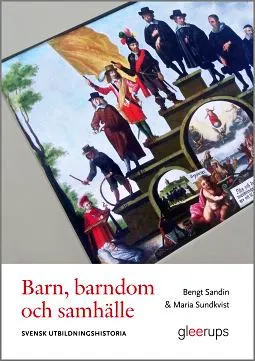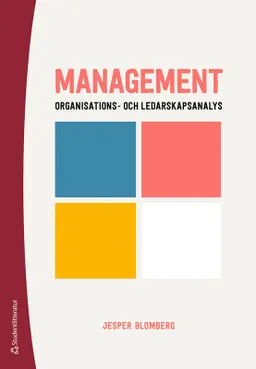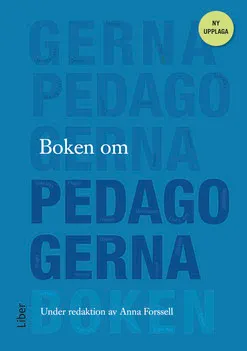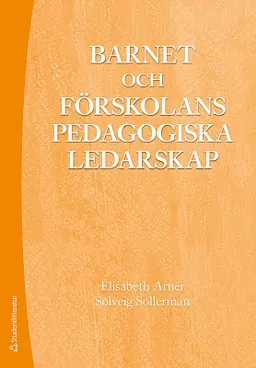"Magnificent . . . A tour de force of literature and love."--Vogue "Why Be Happy When You Could Be Normal? is raucous. It hums with a dark refulgence from its first pages. . . . Singular and electric . . . [Winterson's] life with her adoptive parents was often appalling, but it made her the writer she is."--The New York Times
"[Winterson is] one of the most daring and inventive writers of our time--searingly honest yet effortlessly lithe as she slides between forms, exuberant and unerring, demanding emotional and intellectual expansion of herself and of us. . . . In Why Be Happy, , [Winterson's] emotional life is laid bare . . . [in] a bravely frank narrative of truly coming undone. For someone in love with disguises, Winterson's openness is all the more moving; there's nothing left to hide, and nothing left to hide behind."--Elle
Jeanette Winterson's bold and revelatory novels have earned her widespread acclaim, establishing her as a major figure in world literature. She has written some of the most admired books of the past few decades, including her internationally best-selling first novel, Oranges Are Not the Only Fruit, the story of a young girl adopted by Pentecostal parents, that is now often required reading in contemporary fiction classes.
Why Be Happy When You Could Be Normal? is a memoir about a life's work to find happiness. It is a book full of stories: about a girl locked out of her home, sitting on the doorstep all night; about a religious zealot disguised as a mother who has two sets of false teeth and a revolver in the dresser, waiting for Armageddon; about growing up in a north England industrial town now changed beyond recognition; about the universe as a cosmic dustbin. It is the story of how a painful past, which Winterson thought she had written over and repainted, rose to haunt her later in life, sending her on a journey into madness and out again, in search of her biological mother. It is also a book about other people's literature, one that shows how fiction and poetry can form a string of guiding lights, a life raft that supports us when we are sinking.
Witty, acute, fierce, and celebratory, Why Be Happy When You Could Be Normal? is a tough-minded search for belonging--for love, identity, home, and a mother.
Åtkomstkoder och digitalt tilläggsmaterial garanteras inte med begagnade böcker
